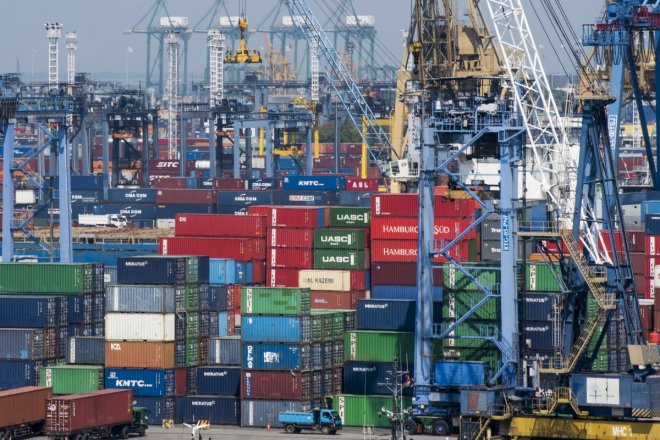
A new World Bank report has said growth in developing East Asia and Pacific will remain resilient over the next three years.
In the broader region excluding China, growth is projected to remain stable at 4.8 percent this year, and rise to 5 percent in 2017 and 5.1 percent in 2018.
The report also cautions that the region still faces significant risks to growth and that countries should reduce financial and fiscal vulnerabilities.
Overall, developing East Asia is expected to grow at 5.8 percent in 2016 and 5.7 percent in 2017-2018, the East Asia and Pacific Economic Update said.
The report says China will continue to witness a gradual transition to slower, but more sustainable, growth. The Asian growth engine's economy is projected to expand 6.7 percent this year followed by 6.5 percent in 2017 and 6.3 percent in 2018.
With the economy rebalancing toward consumption, services and higher-value-added activities, growth in China will moderate.
While Philippines will witness growth accelerating to 6.4 percent this year, Vietnam's surge will be dented due to the severe drought this year. In Indonesia, the growth will increase steadily, from 4.8 percent in 2015 to 5.5 percent in 2018.
"The outlook for developing East Asia and Pacific remains positive, with weakness in global growth and external demand offset by robust domestic consumption and investment," Victoria Kwakwa, World Bank Vice President for East Asia and Pacific, said.
Weak oil to hit Malaysia growth
Weak global demand for oil and manufactured exports will slow down growth rate in Malaysia, which is likely to see expansion of 4.2 percent this year.
The World Bank report also finds that high levels of childhood undernutrition persist in many countries, even relatively affluent ones. It urges policymakers to address this malady that leads to health and cognitive deficits that are difficult to reverse.
"The long-term challenge is to sustain growth and make it more inclusive, including by shrinking gaps in income and access to public services, especially in China; improving infrastructure across the rest of the region; reducing persistent child malnutrition; and harnessing the potential of technology to stimulate financial inclusion," the report says.








